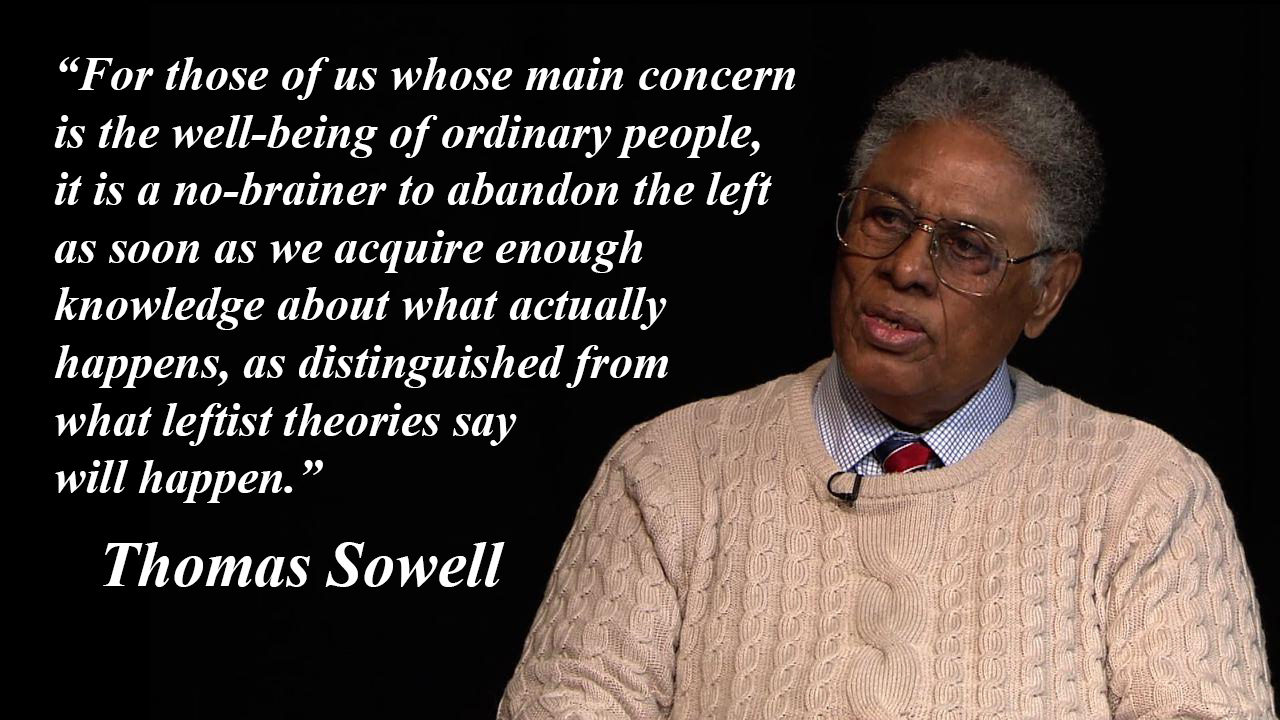Jacinda Ardern’s “wellbeing budget” steamed up the undies of a lot of journalists and the sort of people who share ‘inspirational’ quotes on their Facebook wall, but actual economists are just a tad more sceptical. They’re especially sceptical of the notion that Ardern is doing something revolutionary, as if governments and economists have never cared a jot for people’s wellbeing before.
Far from the rest of the world fawning in awe at Jacinda’s genius, the folks at the East Asia Forum, a highly regarded think-tank run from the Australian National University, are regarding her budget with a politely raised eyebrow. Mark Fabian is a lecturer at the ANU whose doctoral thesis is on “integrated insights from psychology, philosophy and economics to develop a holistic theory of subjective well-being”. In not-so-many words, he suggests that Ardern just doesn’t know what she’s talking about.
Prime Minister Jacinda Ardern argues that her government is moving beyond a fixation on income growth to also consider sustainability, the distribution of wealth and social issues like mental health. Yet its far from clear that any government prioritises economic growth ahead of these things, or that an ‘economic’ approach to budgeting does not serve well-being.
It is a common mistake to say that economic indicators, notably gross domestic product (GDP), do not track well-being. The fundamental quantum of economics is utility, which is well-being broadly defined — not output, consumption or surplus. As any practitioner of cost-benefit analysis will tell you, a correct economic assessment of progress or policy will consider not just financial costs and benefits but also environmental and social ones…
Of course, the Arderns of the world will by this stage start flapping their hands and gibbering about how GDP only measures money.
It is important to understand why economists think GDP, or income and prices more broadly, is a reasonable, if limited, metric for studying well-being.
The central model of economics is that of the utility-maximising agent….Rising income or GDP reflects greater purchasing power and thus greater utility.
Even David Lee Roth showed a deeper understanding of economics and utility than Ardern, when he said, “Maybe money can’t buy me happiness, but it can buy a yacht big enough to sail right up next to it”. Many studies have shown that, to a limited extent, having a certain amount of income indeed correlates to happiness.
More importantly, money in the form of GDP is an objective measure.
It is thus a unidimensional measure of well-being because it proxies, albeit crudely, utility in a way that is comparable across individuals…
Consider an individual who has good health but lives in a crime ridden neighbourhood versus someone who has poor health but lives in a safe neighbourhood — who is better off? We cannot adjudicate this question unless we make some decisions about whether health or environment is more important…prices already have society’s views of what is ‘more important’ built in because they emerge from the interaction of demand and supply.
One of the problems with ‘wellbeing policy’ is that it relies on people making ‘life satisfaction’ judgements that are not only arbitrary, but continually sliding. Consider the common ‘pain scale’. If you’re a bit of a softy, you might rate stubbing your toe a big ol’ ‘9’ on the pain scale. But after years of toughening up, you might pass off stubbing your toe as a mere ‘2’. These measures are useless as comparisons between different people, let alone the same person over time.
Far from obfuscating well-being, income comparisons make such welfare analysis easier than any other approach.
If we can’t make a good comparison, then we are ultimately left to allocate money wherever it suits our particular values.
And there’s the rub. Ardern’s values are almost certainly not the same as someone from National or ACT, let alone the 63% of New Zealanders who didn’t vote for her party – and none of them can legitimately say that their values are objectively ‘better’ than anyone else’s.
The opposition is within its rights to argue that it too was concerned with well-being when in power, not just economic growth, and that the present government is engaging here in an expensive branding exercise rather than offering meaningful policy improvements.
eastasiaforum

